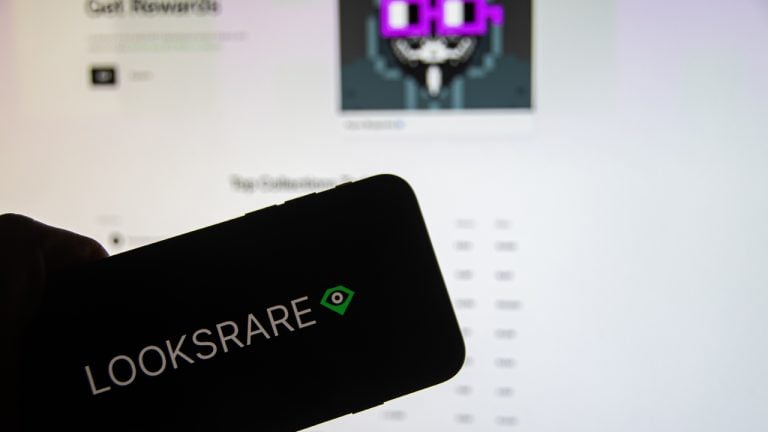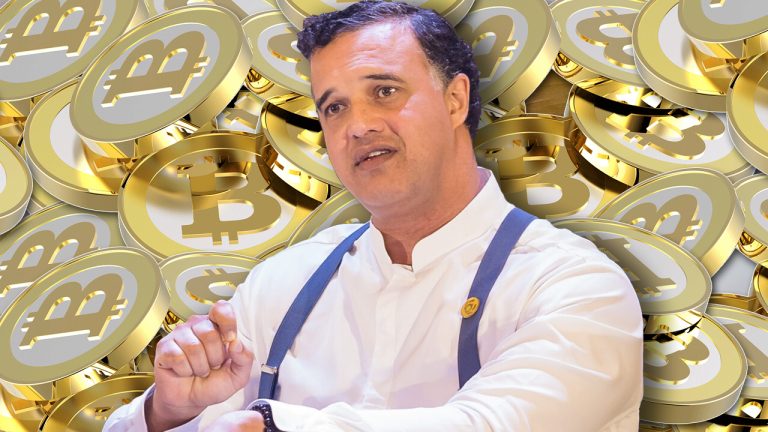
Romania’s Informatics Institute is set to launch an institutional NFT trading platform, using Web3 to create a link between the public and private sectors.
Romania’s National Institute for Research and Development in Informatics (ICI Bucharest) aims to drive Web3 adoption in the country with the launch of an in-house nonfungible token trading platform.
The institutional NFT platform, dubbed ICI D|Services, will go live on April 26 and aims to create a link between private and public sector institutions and users. The platform is primarily an NFT marketplace, allowing public and institutional users to mint, manage and trade NFTs.
Cointelegraph spoke to ICI Bucharest blockchain laboratory coordinator Dr. Paul Niculescu-Mizil Gheorghe to unpack the impetus behind the country’s efforts to adopt Web3-powered technologies.
ICI Bucharest has been primarily focused on research and development over the past five years, but shifted its attention to exploring blockchain, Web3 and nonfungible tokens as the space gains traction around the world.
Gheorghe says that NFTs have gained significant popularity in recent years due to their capability of creating unique and scarce digital assets that can be applied across numerous use cases. This in turn has made them valuable assets for institutions, which led to the proposal of the NFT platform within ICI Bucharest in late 2021.
The institution began developing and implementing the marketplace system’s architecture in partnership with MultiversX midway through 2022, which is first strategic project using the blockchain infrastructure provider.
The partnership also includes the development of a decentralized Domain Name System (DNS) and Top-Level Domain (TLD) ecosystem, as MultiversX CEO Beniamin Mincu explained in correspondence with Cointelegraph.
Gheorghe, who holds a PhD in Blockchain Technology and Industrial Engineering, says the project has been backed by the Romanian Government through the Secretariat–General as well as the Romanian Ministry of Research, Innovation and Digitalization:
“Our institute wants to create a bridge between the young generations and the public institutions values, initiating a comfort zone for the interactions with the digital space.”
The launch of the platform will feature five unique NFT collections developed in collaboration with a handful of prominent Romanian sportspeople, organizations and institutions.
This includes the Romanian Olympic and Sports Committee, 18-year-old 100-meter swimming freestyle world record holder David Popovici, Romanian news agency Agerpres, national philately organization Romfilatelia and Bucharest’s Central University Library.
Related: Fight between crypto and governments “just getting started,” says ShapeShift CEO
Gheorghe believes Romanian government support of innovative projects like ICI D|Services enhance the country’s economic potential by generating new revenue streams and fostering economic growth as well as a culture of innovation and entrepreneurship:
“Blockchain technology increases the efficiency of the institutions, to approach solid use cases based on digital asset management, transparency, security in various institutional operations, such as in education, health, transport, land registration, supply chain management.”
Mincu echoed these sentiments, highlighting the Romanian government’s commitment to embracing technology, fostering new opportunities for user interaction between citizens, businesses and institutions.
Magazine: 44 out of 10 NFT sales are fake: Learn to spot the signs of wash trading














